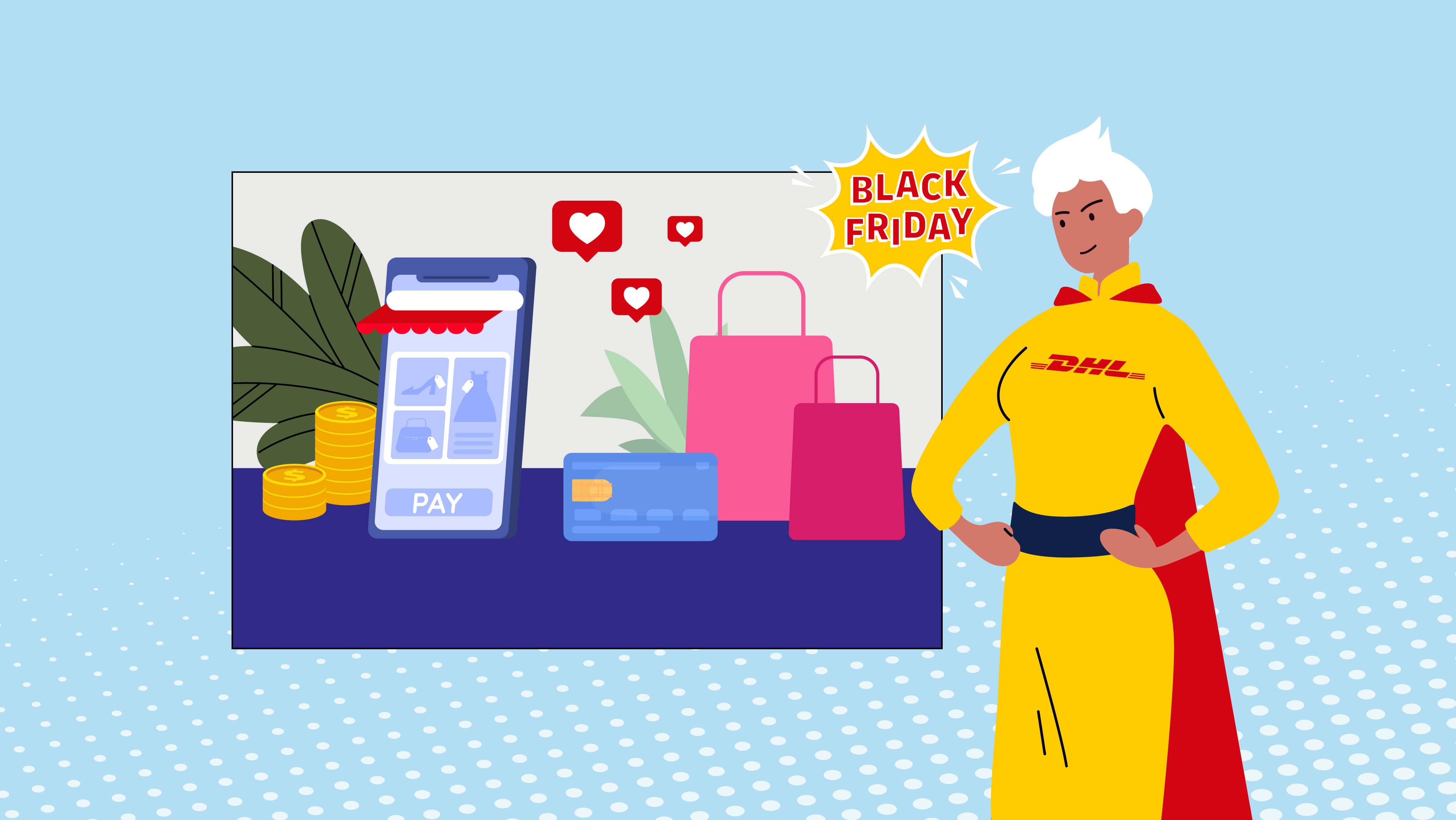Following a massive year where the pandemic changed how e-commerce businesses would operate forever, online shopping has grown in unprecedented ways. Although the 2022 NZ Post’s E-commerce Spotlight report showed that online spending from April to June in New Zealand saw a 4% decrease compared to the same quarter in 2021, consumers still spent a massive NZ$1.62.5 billion online on physical goods in the fourth quarter of 2021 alone. But what other factors make online shopping so popular? Besides the convenience brought forth by the e-commerce industry during the lockdowns, cross-border retail accessibility also proves to be valuable to this day. As more consumers shy away from brick-and-mortar stores and businesses continue to leverage the popularity of e-commerce, new standards and demands are being formed too. With consumers demanding immediate satisfaction at a click of a button, innovative business solutions must be considered to mitigate challenges often accompanied by online sales growth. One such step to take, is the development of efficient online payment methods — more specifically payment gateways.
What is an e-commerce payment gateway solution?
A payment gateway is an online payment software application integrated into your e-commerce platform. Popular amongst retailers, it is a technology that acts as a conduit for electronic funds transfer. Efficiently processing payments of your consumer’s online purchases, it functions just like the physical point-of-sale (POS) terminal in brick-and-mortar stores. Also known as a metaphorical cash register, it encrypts sensitive data like credit card details and ensures smooth online transactions. This is done by securely forwarding customer information and the prompt authorisation of payments by the issuer bank.
Importance of payment gateways in e-commerce
Selling unique products that fill market gaps and providing customer solutions like delivery services are definite ways to build a new following and retain loyal ones. But before customers get fully converted, there are situations where customers leave the site after adding products to their carts — these instances are known as shopping cart abandonment. According to a survey conducted by Baymard Institute, 9% of online shoppers stated the lack of payment methods as their main reason for checkout abandonment. Another 18% stated that they do not trust e-commerce sites with their credit card information.
According to reports by IBIS World, given that New Zealand’s online shopping industry is expected to grow by 4.3% in 2022, retailers cannot afford to dismiss the above-mentioned concerns of their consumers. Providing several online payment methods, enabling secure payment authorisation, and more, integrating an online payment gateway into your site is now paramount for the success of an e-commerce business.
Which payment gateway is best for e-commerce stores?
In New Zealand, there is an extensive list of online payment options, including accepting credit card payments online via a payment gateway. When you run your online business, e-commerce platforms partner with these payment gateways that integrate with all major e-commerce platforms like Magento so that you can take payments without hassle. Here is a list of the leading payment gateways to consider.
1. Paystation
Formed by Gerard Creamer in 2002, Paystation was the first specialist e-commerce gateway provider in New Zealand. Emphasising customer service and great payments technology, Paystation lets you effortlessly take secured payments online. With four straightforward pricing packages based on transaction volumes and accepting over 15 currencies, it allows for the collection of payments even on an international scale. Connected to all major payment merchants, credit cards like VISA and Mastercard are supported too. It also boasts a range of features, including tokenisation, which protects and stores sensitive information. Add to that its ability to support integration with open-source e-commerce platforms like Shopify, BigCommerce, and Magento, it is clear to see why it has grown to become one of the country’s most popular online payment gateways. Simply set up a merchant account with your bank and you’ll be on your way to easy payments.
2. Windcave
Formerly known as Payment Express, Windcave can be integrated with all major e-commerce platforms, such as Magento, WooCommerce, and Shopify. Facilitating seamless e-commerce transactions for customers around the world, it is certified with all the major payment schemes — from Apple Pay and American Express to VISA and Mastercard, they support a wide variety of payment options. Merchants will also be able to get real-time information on how payments are tracking, perform refunds and participate in their risk management programmes.
3. Stripe
Developer-friendly, the Stripe payment gateway is one of the most popular amongst businesses of all sizes. Besides being compatible with commonly used websites and applications like Shopify, WooCommerce, and Magento, Stripe also comes with a suite of powerful financial tools. Not requiring a merchant account, you can easily add the gateway to your e-commerce site. Supporting processing payments in over 135 currencies and multiple payment methods, Stripe simplifies your launch into a new market so that you can go global in one day and increase conversions amongst your customers abroad. With Dynamic 3D Secure authentication, 24/7 support, two different pricing plans, and more, online retailers have loads to gain.
4. PayPal
Easy to set up and use, delivering a personalised checkout experience on the web and mobile, it comes as no surprise that PayPal is one of the most commonly used online payment platforms. Beyond providing your customers with a vast range of payment options, it also accepts credit and debit cards, sharpening the user experience. Ideal for merchants who are unable to or do not want to get a merchant account, PayPal puts you in full control. The standard rate for New Zealand based PayPal users starts from 3.4% of the total transaction value, with an additional NZD$0.45 fixed fee.
5. Bambora
Providing online payment services for e-commerce, Bambora is easy to integrate, transparent with its pricing, and has various plans that will cater to the needs of your online business. With ready-to-go plug-ins for all the most popular e-commerce platforms like WooCommerce, three easy steps is all that is needed to create an optimal customer experience online. With no start-up or lock-in periods, and ridding the need for a merchant account, Bambora will help your business grow from the inside out.
Leverage digital integrations
Deciding on the right payment gateway requires much consideration. From plan pricing to supporting currencies, there are many factors to consider while navigating the complex world of e-commerce businesses. But handling your e-commerce orders and boosting customer loyalty does not end there. To simplify your logistics and shipping processes, DHL Express has several services. Open a DHL Express account for more information on how we can help you scale your online business.














































